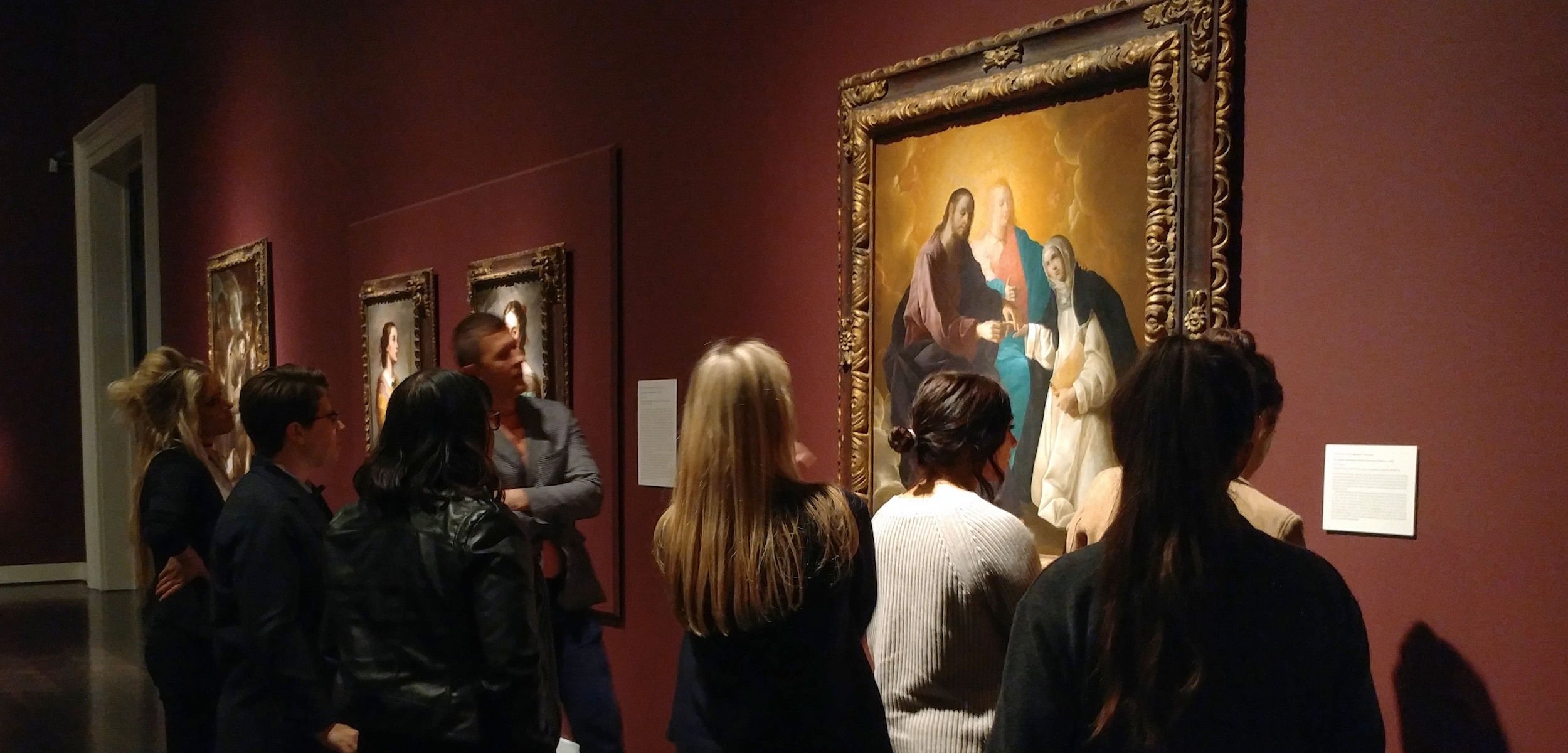Who we are

The Society for Iberian Global Art (SIGA) was founded to promote the study of the arts, architecture, and visual cultures of the Iberian world (encompassing Spain, Portugal, Latin America, Asia, the Caribbean, and the Pacific) in the United States. The Society encourages and disseminates research in these fields as well as in the legacy of Hispanic and Portuguese studies in North America. Reestablished in 2021, SIGA is the heir to the American Society for Hispanic Art Historical Studies (ASHAHS), which was formed in 1974. With its new name and expanded mission, SIGA will connect its members to the international community of scholars also engaged in a field in permanent growth.
History and mission
The American Society for Hispanic Art Historical Studies (ASHAHS) was founded in 1974 to promote within the U.S. research in the history of the arts of Spain and Portugal. In 2021, the Society was reorganized to reflect the global turn in Iberian art historical studies that has defined the field in the past two decades.
DEAI Statement
SIGA stands by 1) its commitment to the values of equity, inclusion, and diversity and 2) cultivating a culture of care, collaboration, and community for all scholars of Iberian global art and architecture regardless of individual identity or background.
Collaborations
The American Society for Hispanic Art Historical Studies, SIGA’s predecessor, has long enjoyed a cooperative relationship with ARTES, the Iberian and Latin American Visual Culture Group active in the UK. One of the fruits of this collaboration is the annual special issue dedicated to the visual arts of The Hispanic Research Journal.
Membership
The Society for Iberian Global Art (SIGA) is made up of members from a wide variety of scholarly backgrounds whose work engages with the material culture of Iberia and its global communities.
By-laws
The Society for Iberian Global Art by-Laws.
Contact us
Get in touch with us.
